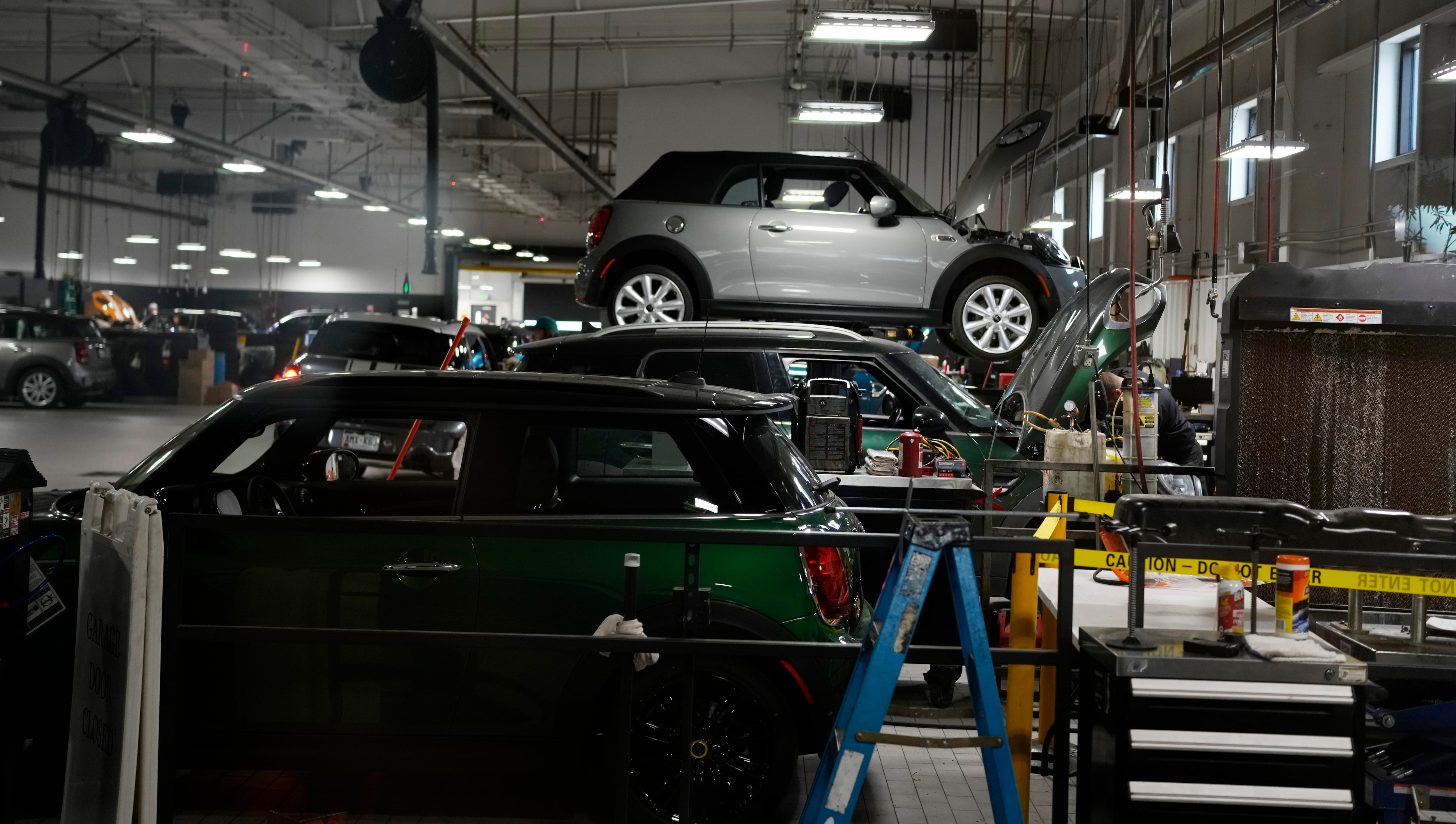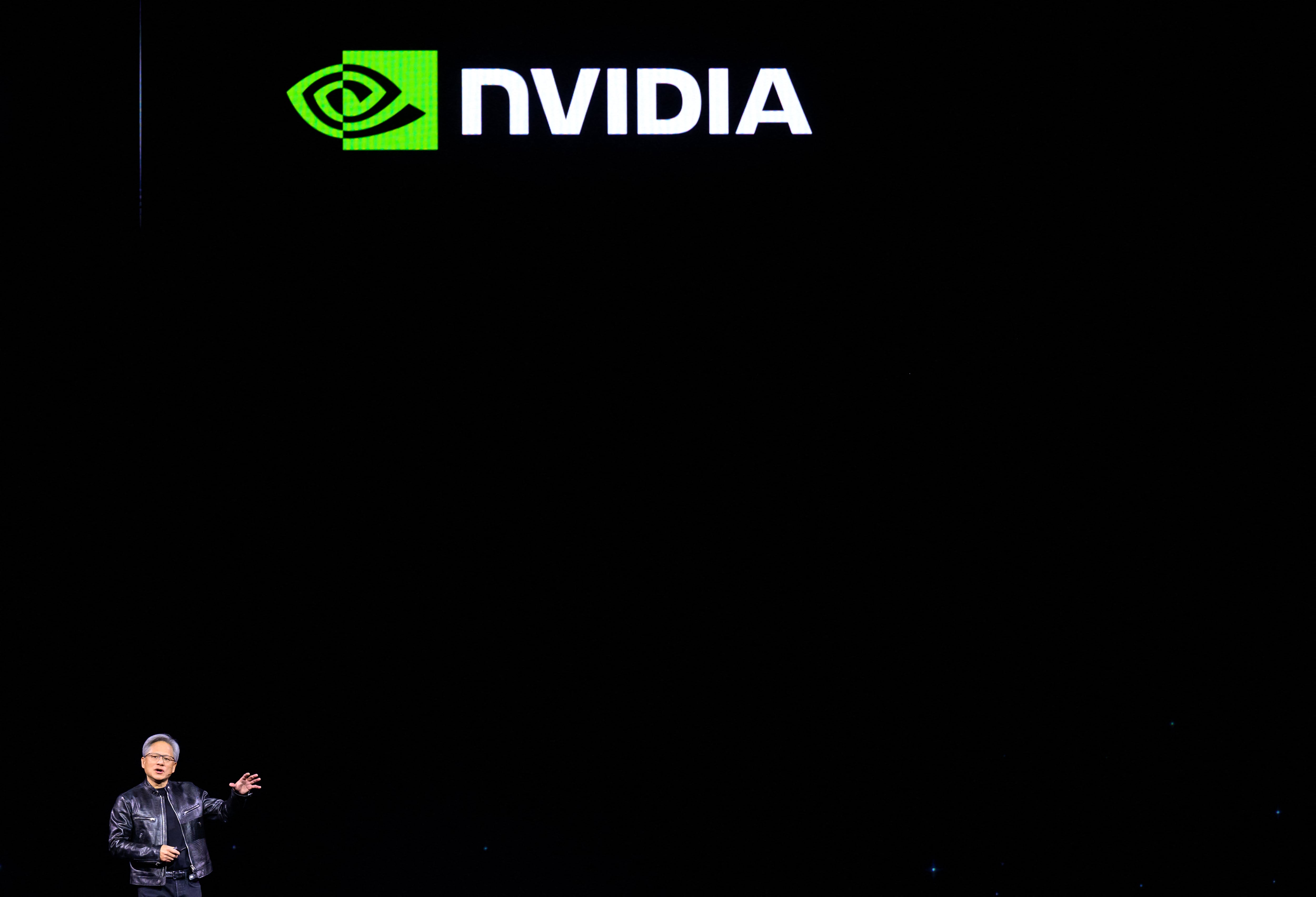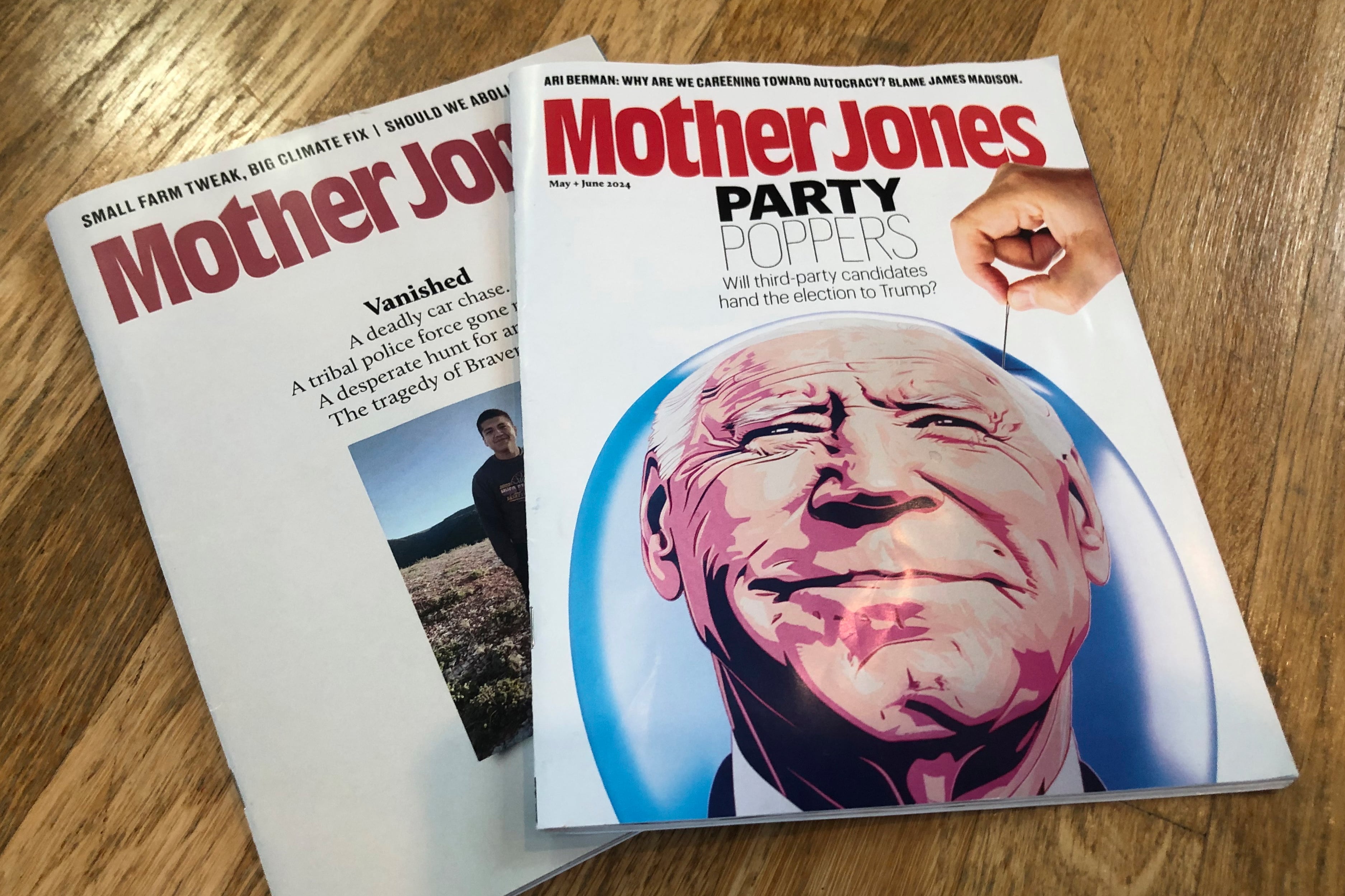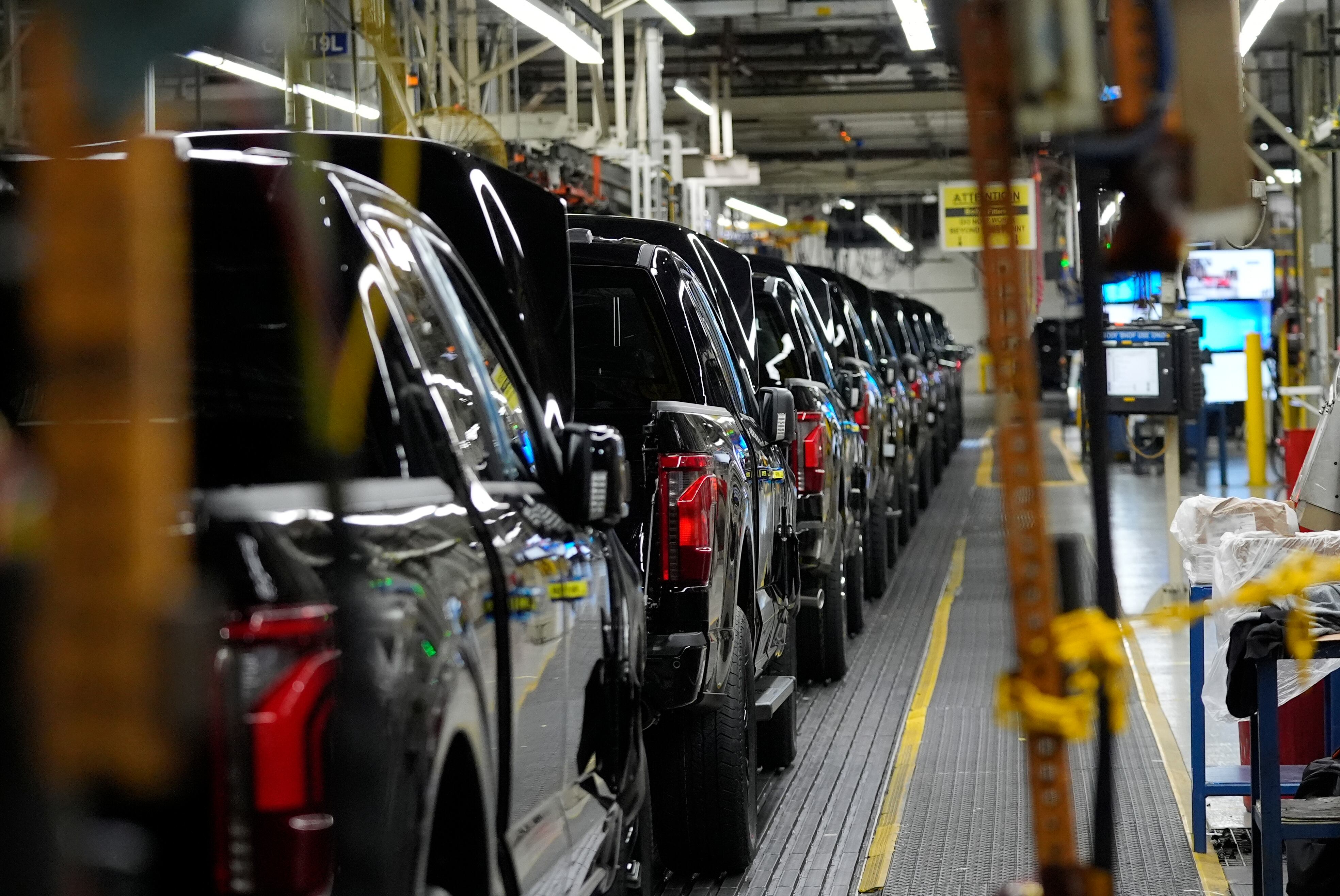*By Carlo Versano* Stocks were back to significant losses by late Thursday morning after briefly going positive in early trading. Wednesday's sell-off spilled over into global markets ー first in Asia, where all the major indices were down at least 3 percent, then to Europe, where markets were lower by around a percent in afternoon trading. The Dow Industrials were down nearly 300 points by 11 a.m. ET. The Nasdaq and S&P were off by about a percent, and the Russell 2000 briefly entered correction territory. The spread of red ink -- the S&P was down for its sixth straight day -- suggested more turbulence ahead for Wall Street, where a growing list of concerns is sowing unrest for a market that has been on a historic run on the back of strong earnings. Wednesday's rout, in which the Dow finished down more than 800 points and the tech-heavy Nasdaq lost four percent, started with worry over creeping inflation and tightening Fed policy and quickly turned into an all-out sell-off, with high-flying tech stocks taking the most serious beating. Amazon ($AMZN) was the biggest loser in the sector, losing more than $56 billion in market cap on Wednesday alone. The much-watched FAANG stocks, which also include Facebook ($FB), Apple ($AAPL), Netflix ($NFLX), and Google parent Alphabet ($GOOGL), shed a combined $175 billion in value ー about the entire market cap of Citigroup ($C). It was the worst day for stocks in eight months, and the fifth-straight down day for the S&P. President Trump, who's been quick to tout recent record highs in the market as a result of his economic and foreign policy, took this opportunity to criticize the Fed, calling the central bank "loco" for increasing rates. The U.S. trade war with China has largely been brushed off by the markets, but the slide shows it may finally be taking a toll. Tech stocks were the biggest losers in China Thursday, with names like Tencent and Xiaomi leading the decline. Thursday's sell-off only adds to what's already been a rough month for U.S. stocks. The Dow is down more than 3 percent already in October, while the S&P 500 is down over 4 percent. The Nasdaq has fallen nearly 8 percent.












